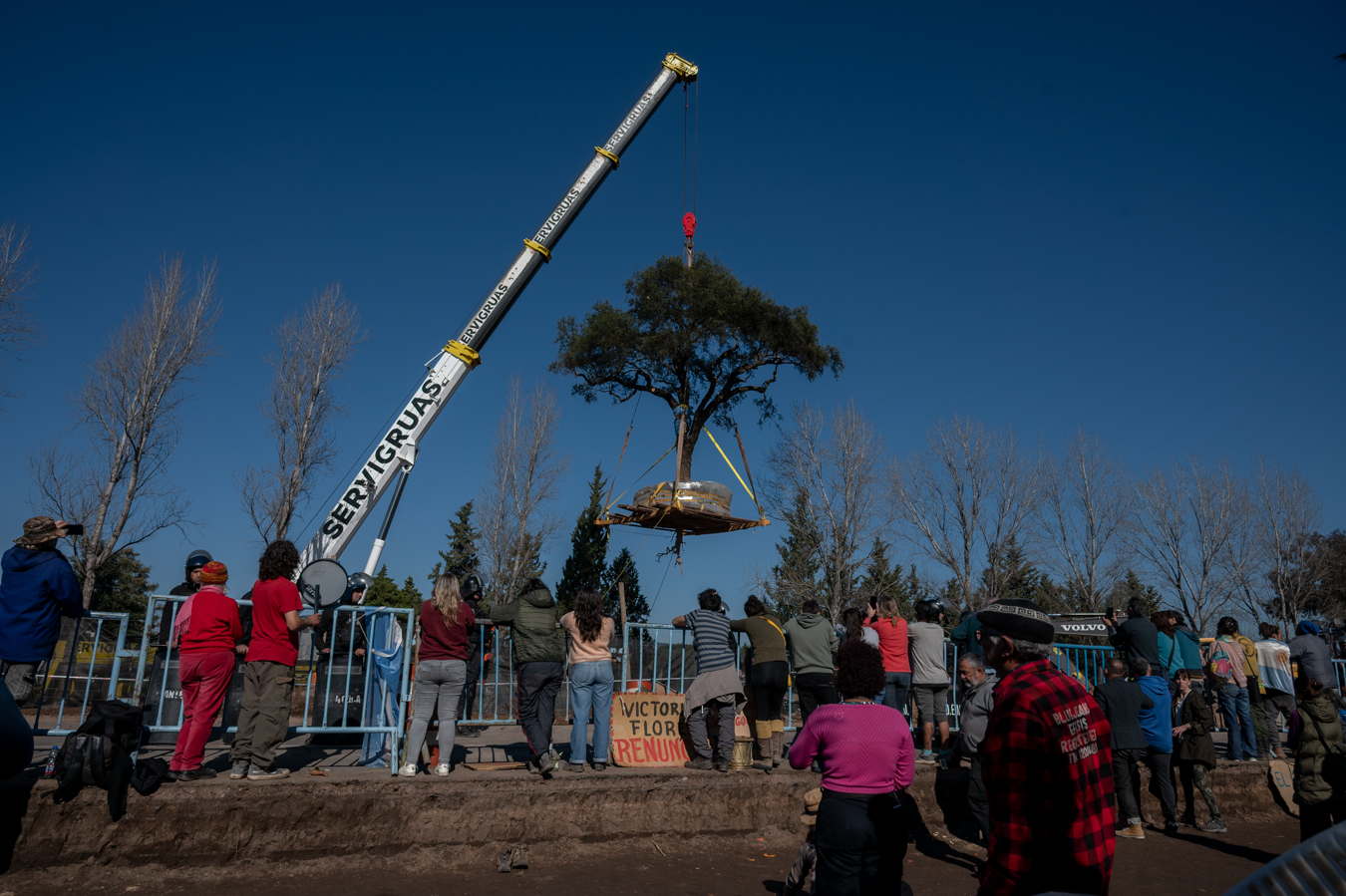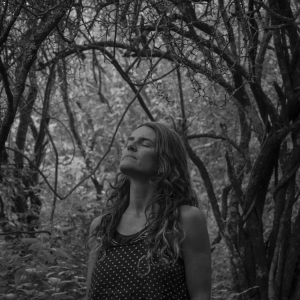Natalia Roca
In the mountains of Córdoba, Argentina, Natalia Roca positions her camera at the intersection of environmental crisis and feminist resistance. As an ecofeminist photographer and activist, her practice transcends traditional documentary boundaries—she photographs from within the struggles she documents. Currently developing Fire Guardians (National Geographic Society), she documents Las Fuegas, a women-led forest fire brigade, as an active member herself. Her lens becomes a tool for collective action, amplifying voices defending territory while challenging extractive narratives that threaten both land and community.
Natalia’s photographic practice emerges from the understanding that the most powerful stories are not captured from the outside looking in, but lived from within. Her current project Fire Guardians, supported by the National Geographic Society, exemplifies this embodied approach as she documents Las Fuegas—a women-led forest fire brigade offering feminist, community-based responses to the climate emergency. As an active brigade member trained in Wilderness First Aid, CPR, and Risk Management, her images emerge not from journalistic distance but from shared sweat, smoke, and solidarity. Through participatory methodologies including collective mapping and community facilitation, she creates spaces where local knowledge shapes both environmental solutions and visual narratives.
This commitment to collaborative storytelling extends throughout her work. In Origen, developed after training as a doula, she documented over 46 births, advocating for respectful childbirth and reproductive autonomy. The project has been featured in campaigns against obstetric violence, exhibited in hospitals, and presented at midwifery congresses, transforming intimate moments into powerful tools for social change. Her series Frágiles: An Essay on Motherhood, created during COVID-19 lockdown and published in The New York Times, offers a profound meditation on domesticity, care, and emotional labor during crisis.


As staff photographer for the Fondo de Mujeres del Sur, Natalia supports movements led by women and LGBTQ+ communities across Latin America, positioning photography as a practice of care and resistance. Her work consistently challenges extractive narratives while celebrating the resilience of communities defending their territories. Through partnerships with local media outlets—La Tinta, LatFem, and MU La Vaca—she illuminates ecological struggles and grassroots organizing in Córdoba’s mountain communities, ensuring that local voices reach broader audiences.
Natalia holds a degree in Visual Arts from the National University of Córdoba and a diploma in Documentary Photography from the University of Buenos Aires. She has trained with prominent photographers including Claudí Carreras Guillén, Marcos López, and Adriana Lestido, whose influence permeates her commitment to feminist visual practice. In 2019, she was selected for the prestigious 20 Fotógrafos Atitlán Creation Laboratory in Guatemala. Her work has been published in The New York Times, Crisis, Materia Sensible, and LatFem, while her collaboration as co-curator of the photobook Marea Verde helped chronicle Argentina’s feminist movement for legal abortion, demonstrating photography’s power to document and drive social transformation.
For Natalia Roca, photography is not merely documentation but a form of care—a practice that honors the interdependence between human and natural communities while challenging systems that exploit both. Her images bear witness to the understanding that defending territory and defending bodies are inseparable struggles, and that the future depends on the courage of those who refuse to separate artistic practice from political action.

